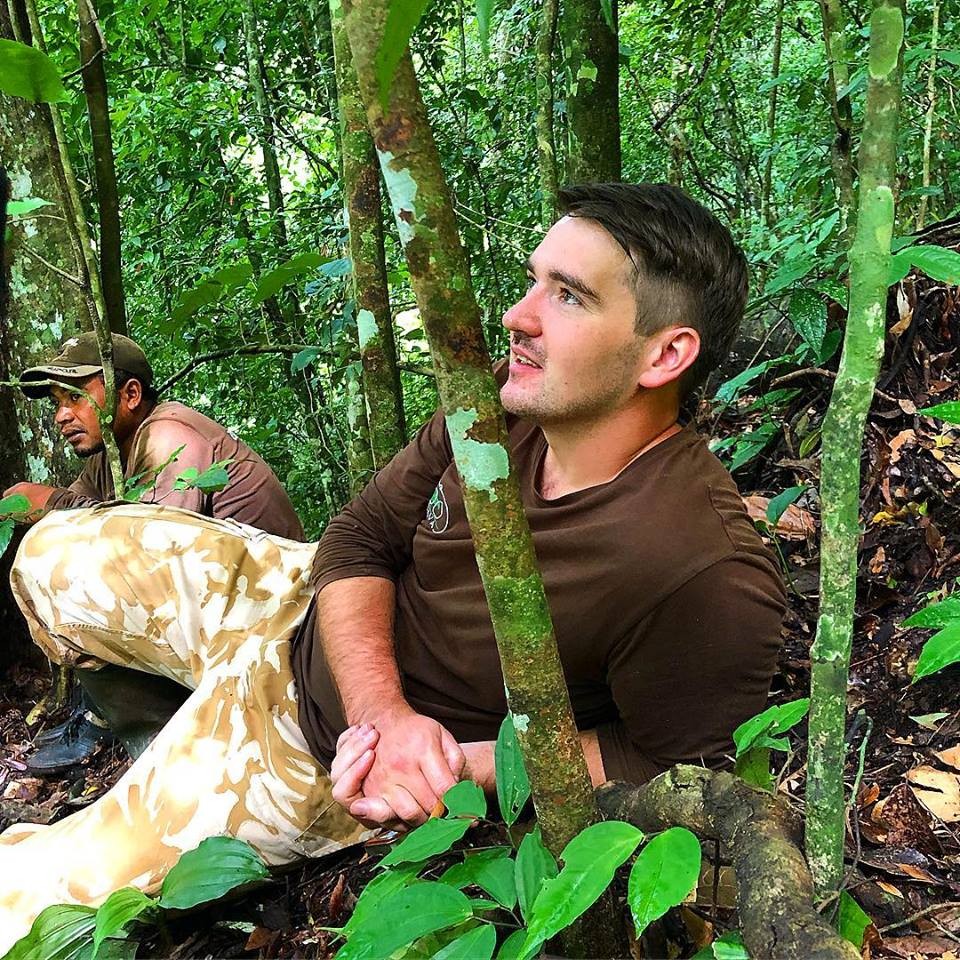Alright – so today we’ve got the honor of introducing you to Frantisek Pribrsky. We think you’ll enjoy our conversation, we’ve shared it below.
Frantisek, thanks for joining us, excited to have you contributing your stories and insights. Let’s start with the story of your mission. What should we know?
I graduated from the bachelor’s degree in information technologies, but when I saw the urgency of nature and animal protection in the world, I completely changed my field of study and focused master’s degree on animal biology and animal protection. My master thesis focused on wildlife trade in Indonesia and it’s low cost solutions became the basis for the establishing of The Kukang Rescue Program (www.kukang.org), which tries to reduce the illegal trade in animals in North Sumatra province and which protects the endangered greater slow loris (Nycticebus coucang) and Sumatran slow loris (Nycticebus hilleri). Together with Lucie Cizmarova from Olomouc Zoo we founded foundation in Indonesia called the Yayasan Peduli Kelestarian Satwa Liar (Wildlife Preservation Foundation) which runs most of animal protection activities of The Kukang Rescue Program and where I currently work as its director. The current team includes more than 20 motivated Indonesian employees who are supported by a large team of volunteers from Europe.
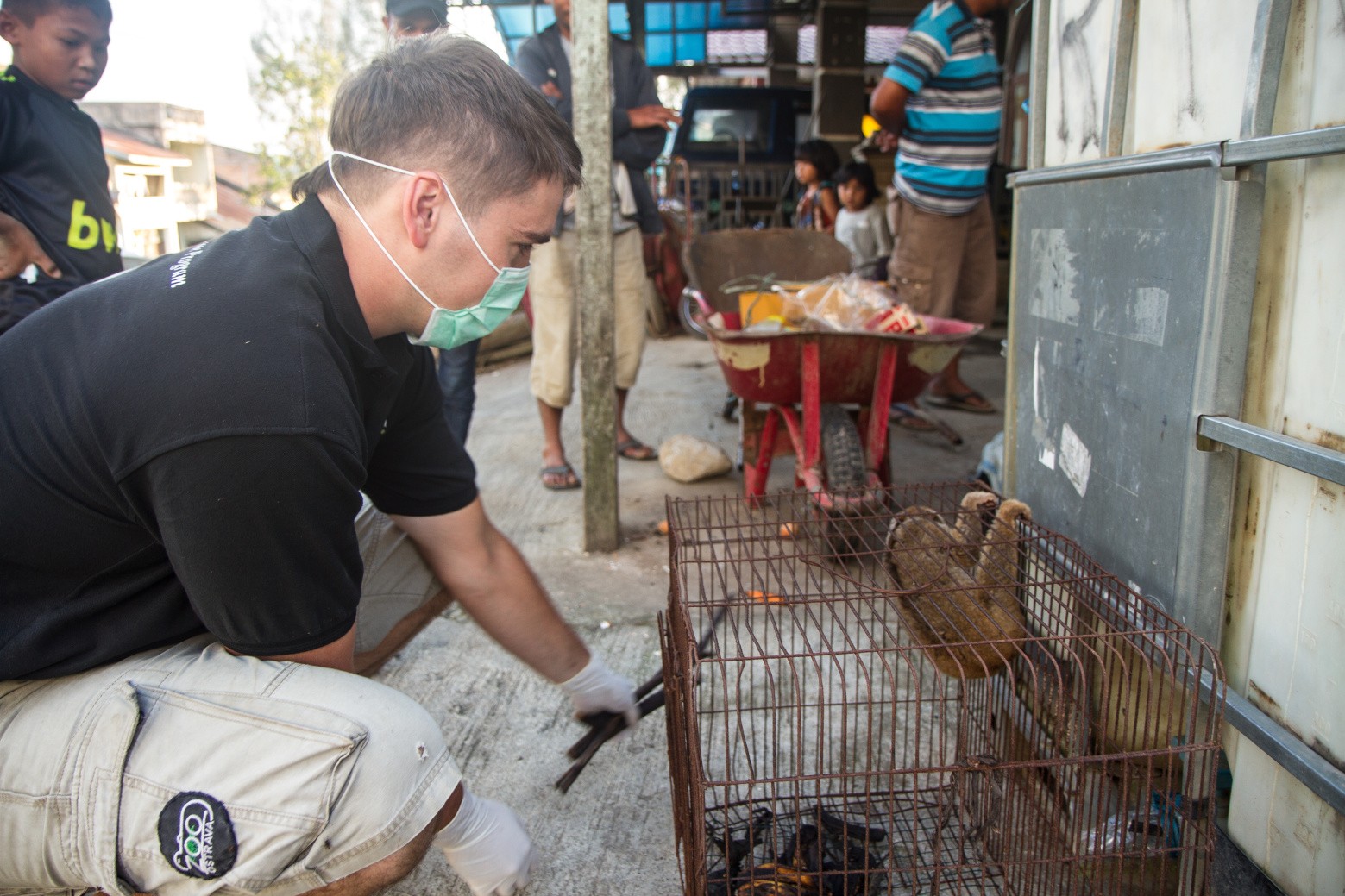
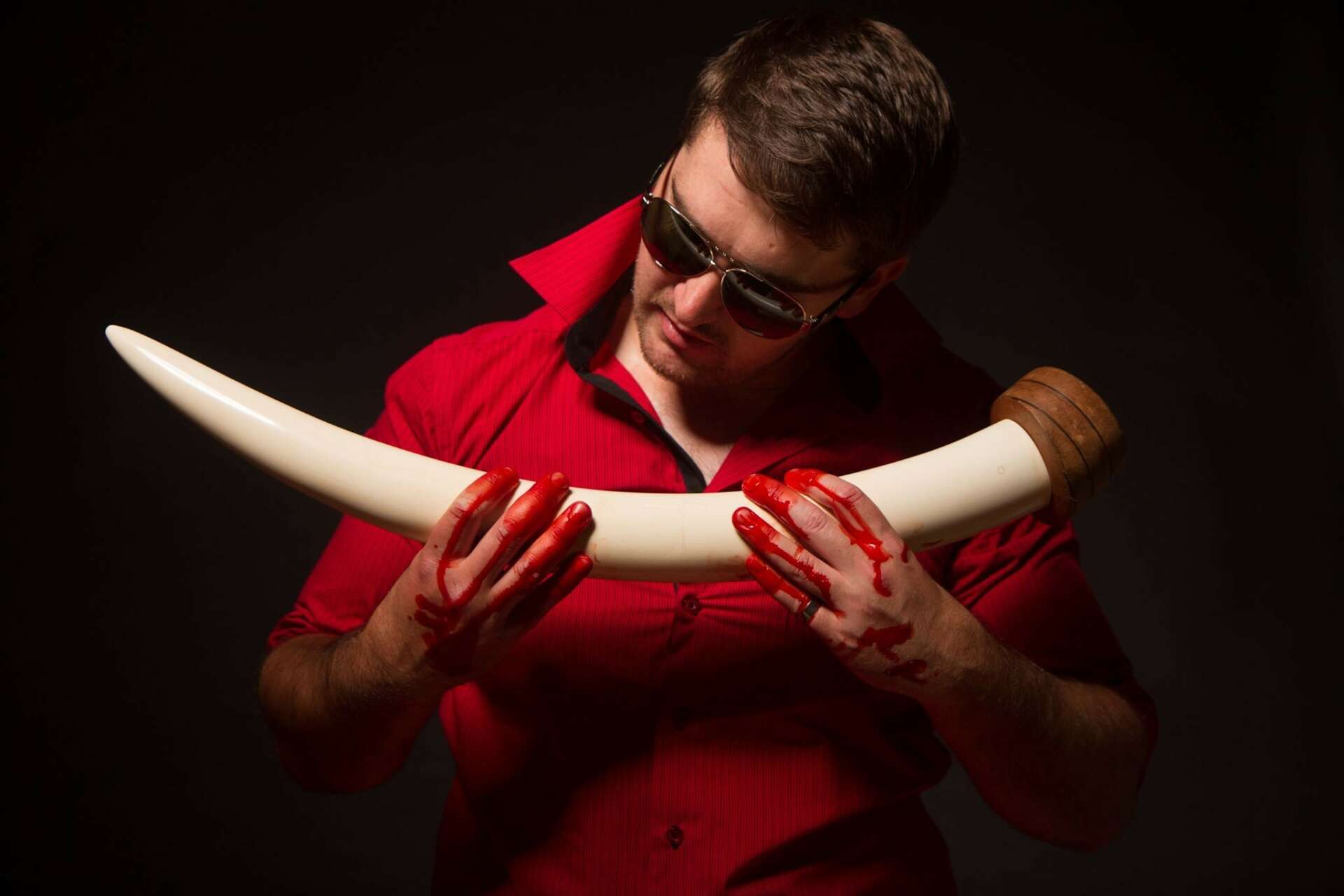
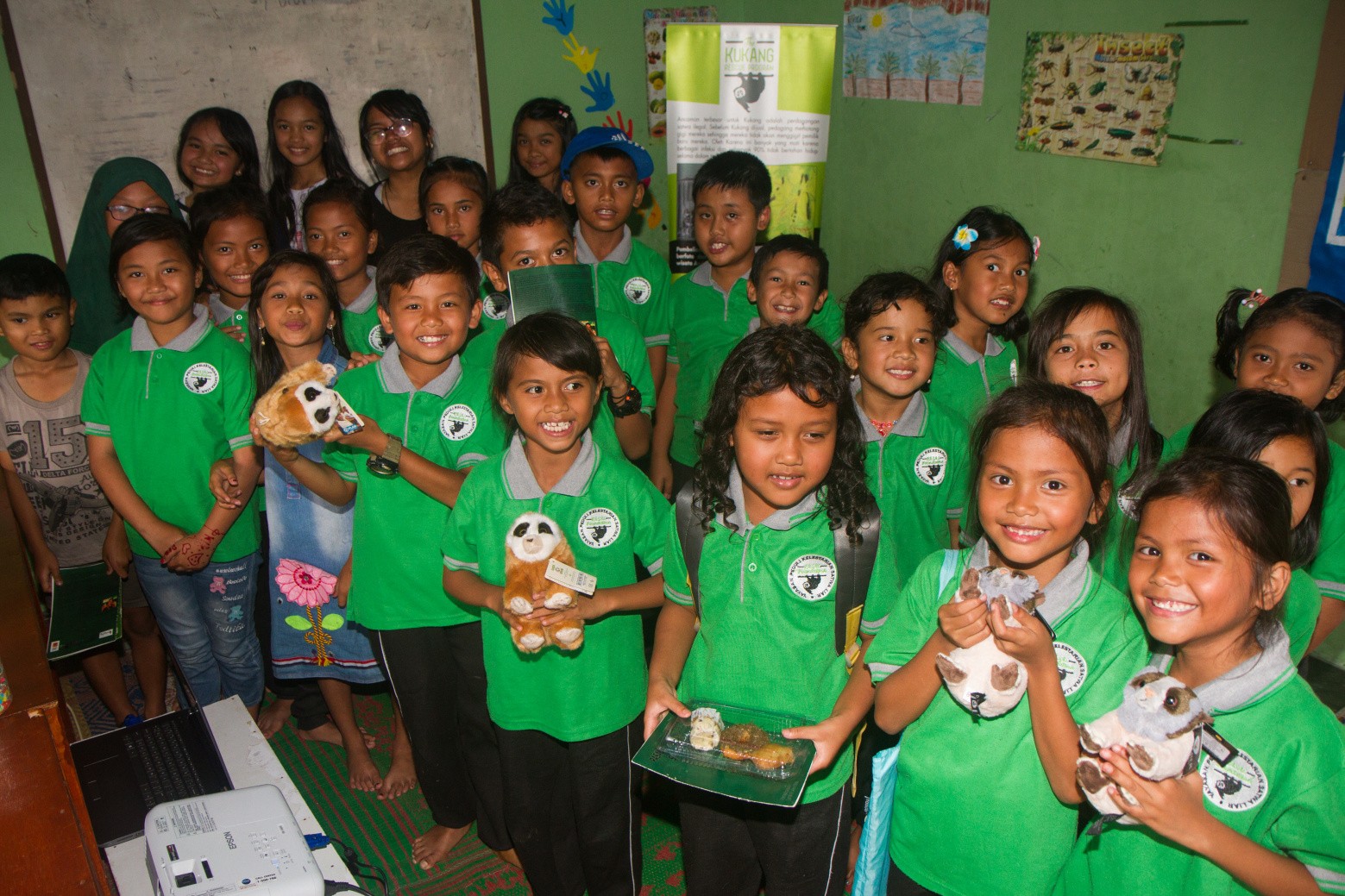
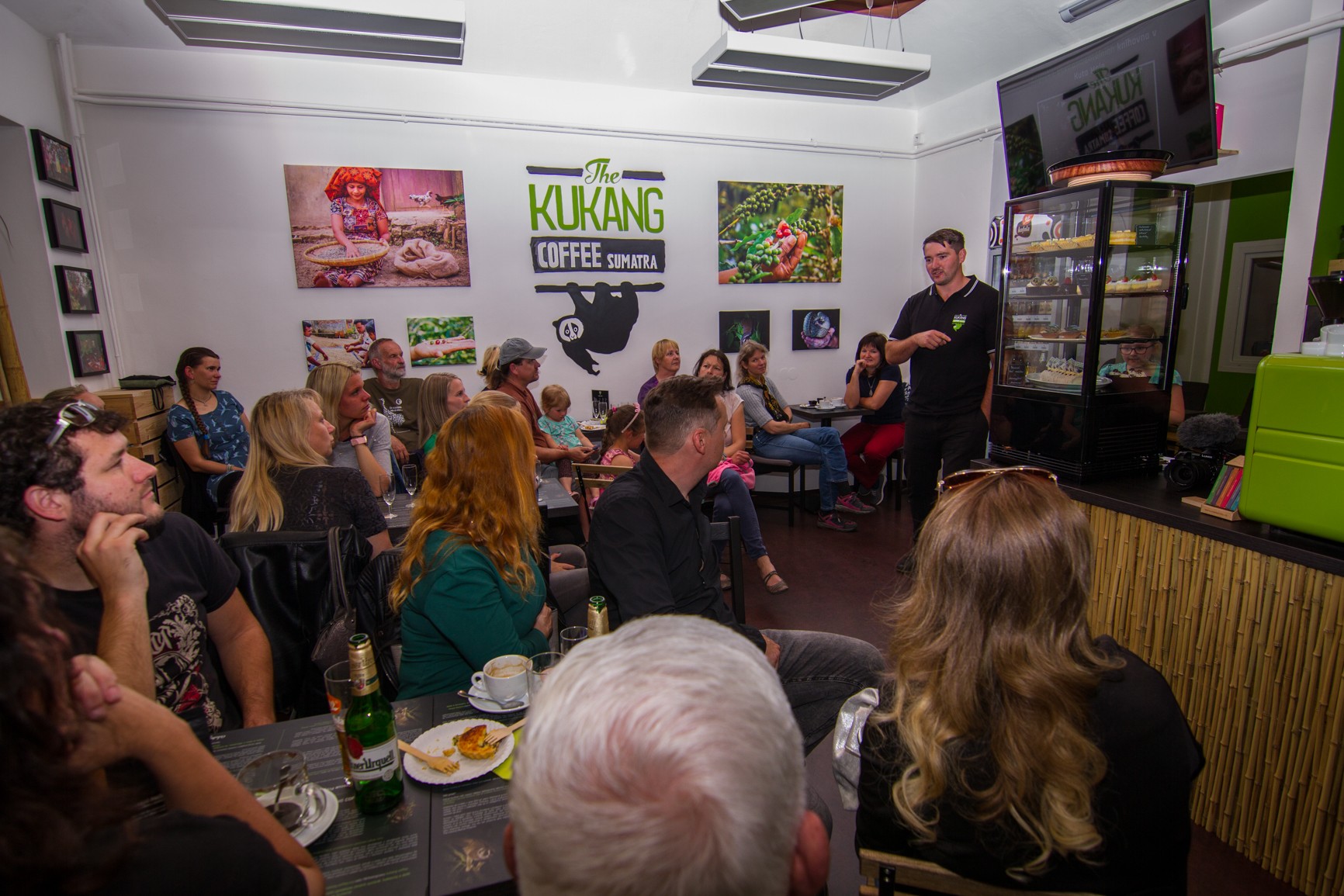
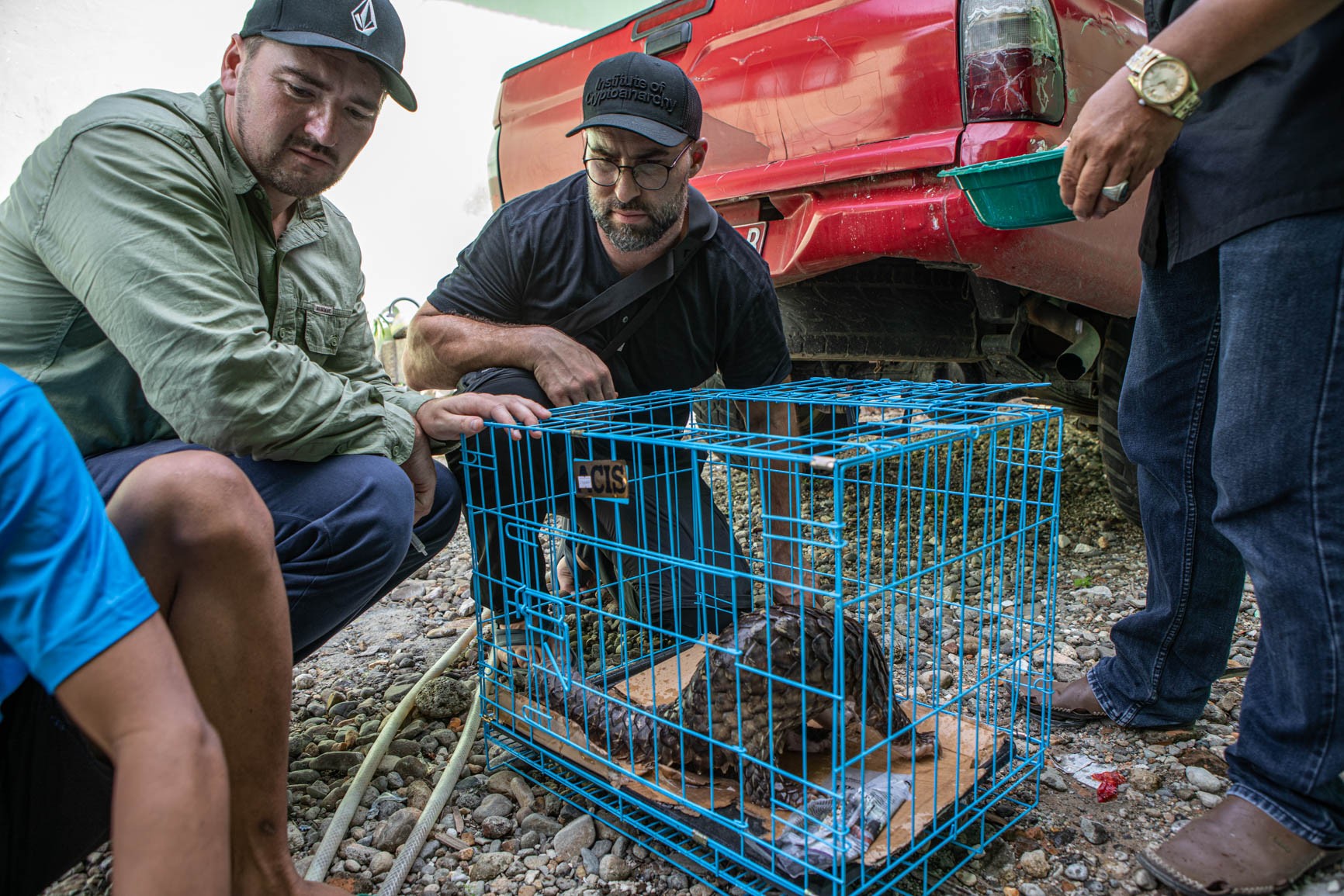
Great, appreciate you sharing that with us. Before we ask you to share more of your insights, can you take a moment to introduce yourself and how you got to where you are today to our readers?
Frantisek Pribrsky: I would call myselfe as an enthusiastic nature and wildlife conservationist from the Czech Republic currently working mainly in Sumatra, Indonesia. In addition to The Kukang Rescue Program management, I works for zoos as a wildlife coservation project coordinator at the Ostrava Zoo and wildlife conservation advisor at Usti nad Labem Zoo. In European Association of Zoos and Aquaria I represents the position of advisor on lorisids and their conservation in South East Asia. Next to the direct species conservation in Sumatra, I is currently working on the new European project called Stolen Wildlife (www.stolenwildlife.org), which focuses on the issue of illegal animal trade in Europe, especially in the Czech Republic. Our newest project is focusing on catching of wildlife trafficers in choosen places in South East Asia region (www.trenggiling.org/en/
Kukang Coffee Project: Within the new “Kukang Coffee” project (www.kukang-coffee.org), in cooperation with coffee farmers of established “Kukang Coffee Community”, representatives of the Kukang Rescue Program introduced a methodology for cultivation and processing of high-quality eco-friendly coffee. As part of their membership, the farmers receive proper advice and training in the harvesting and processing of coffee beans that the program consequently buys from them at a price that is higher than on the local market. In return, individual members of the Kukang Coffee Community are required to make a legally binding promise that they and their families will protect endangered and protected animals and abide by the ban on their hunting. In addition those farmers receive advice from a team consisting of a coordinator and two assistants who used to be poachers. However, those ex-poachers now control not only the processing of coffee according to the set methodology, but also compliance with the ban on hunting endangered animals. Next to this we provided each member of the coffee community with 200 coffee tree seedlings + 20 avocado tree seedlings. These quality coffee seedlings will replace old and non-producing coffee trees. Our team first worked with the farmers to enrich the soil with organic fertilizer and advised them on the best way to care for the seedlings. We chose avocado trees because avocados will form an important source of finance for the farmers, plus the planted trees will form bio-corridors for wildlife. Since 2020, more than 50 farmers from three villages have been cooperating with the Kukang Coffee project. Thanks to the established coffee community, local people benefit more from their coffee and at the same time have greater motivation and understanding to protect local endangered species. It has therefore been possible for farmers to make a significant profit from nature conservation and same time actively protect slow lorises, pangolins and other threatened wild animals in the forest around the village. Thanks to the project the area around Kuta Male village has become such a small paradise for these animals.
As part of the project coffee from farmers who protect wildlife is exported to Czech Republic where is sell in the cafe of same name Kukang Coffee (www.facebook.com/
Learning and unlearning are both critical parts of growth – can you share a story of a time when you had to unlearn a lesson?
I’m still learning something new and I’m always learning from my mistakes. That’s probably a never-ending story. Anyway during the 8 years of work in Sumatra, we have learned that there is another important activity to focus on if we want to effectively protect greater slow lorises as a species and other wildlife, and that is the community engagement on the most local scale possible. Therefore, we have started to cooperate with a village in the buffer zone with national park. To build a good relationship with the villagers and to ensure they will support our conservation efforts, we listen to their wishes. We have thus 1) built a small environmentally-focused library for local children, 2) started to help farmers deal with their conflicts with wild animals on their fields by using educational brochure with a series of advice, and 3) launched a new project of waste reduction and sorting. Last but not least, the Kukang Rescue Program has 4) launched a Kukang Coffee project helping farmers with sustainable agriculture in order to engage farmers in the protection of local nature and endangered species which I mentined before.
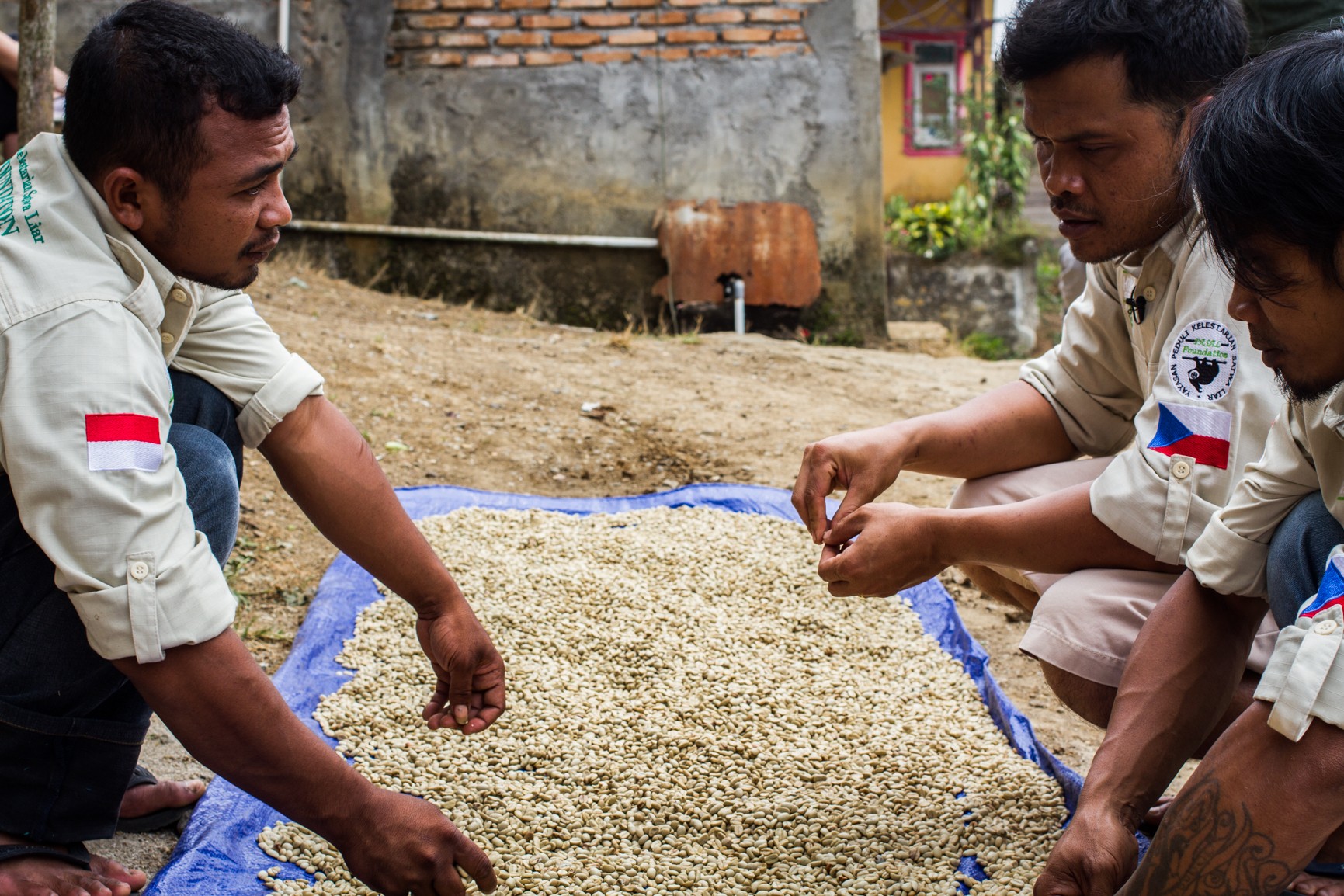
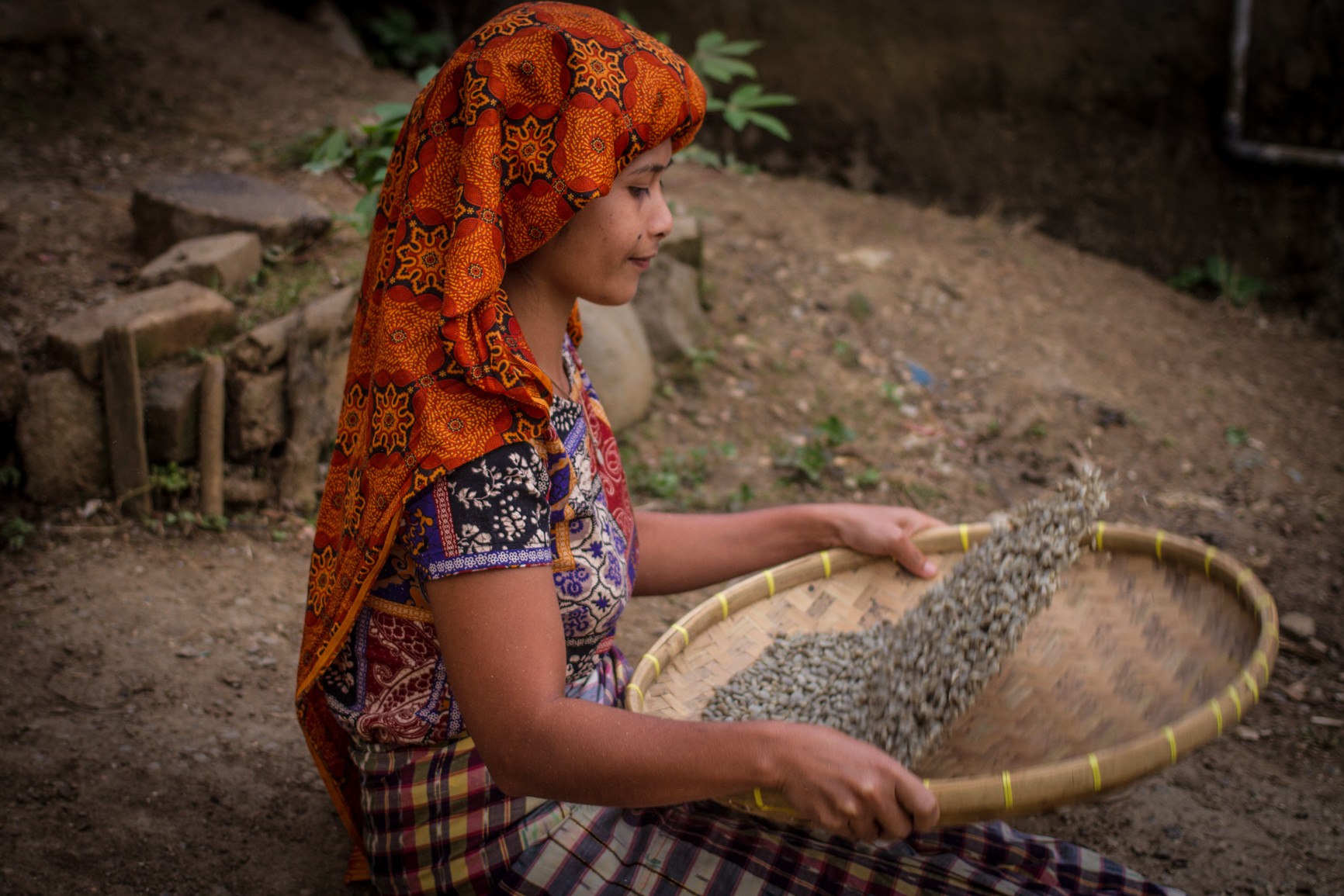
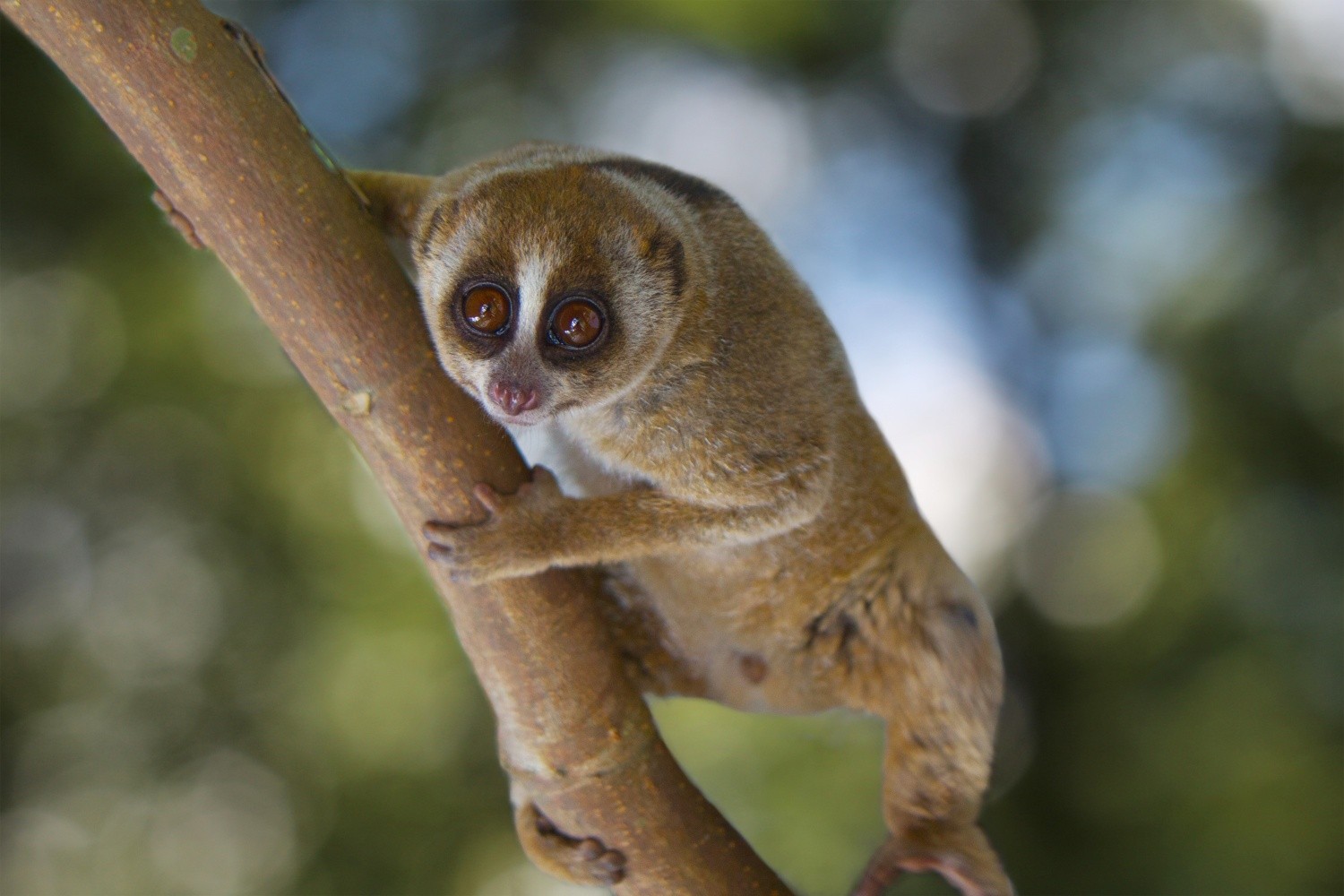
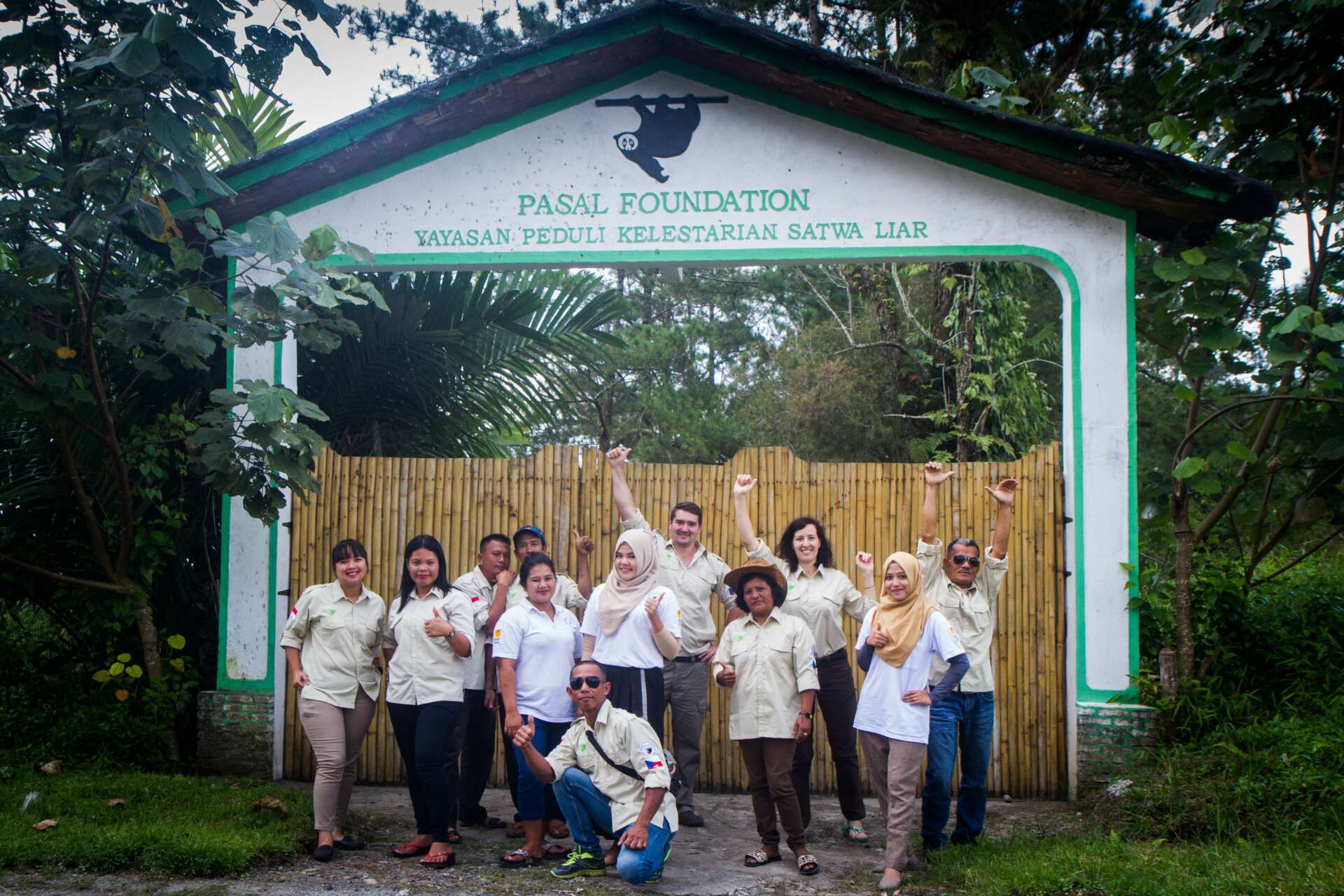
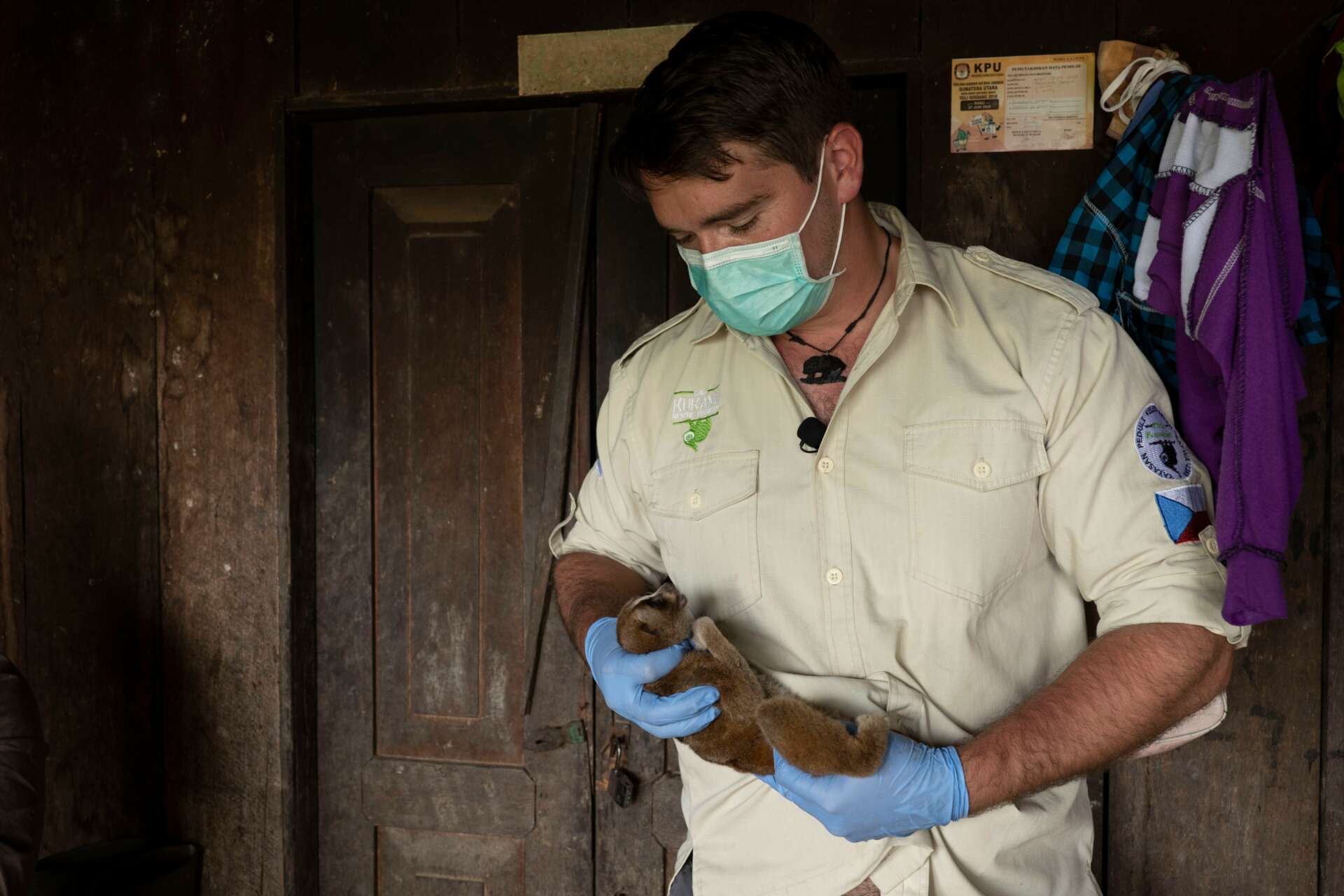
We’d love to hear about you met your business partner.
Modern zoological gardens play a key role in biodiversity preservation around the world thanks to the fact that they breed species in human care (ex situ) and at the same time realize or support field conservation projects in the species’ natural areas (in situ). In this time the modern zoological gardens are good partners for wildlife conservation project and with good approach can play cruatial role for establishing new project around the world. Thanks to the long-term support by numerous Czech and other European zoological gardens, The Kukang Rescue Program fighting the illegal trade in slow lorises on the Indonesian island of Sumatra started engaging local communities in wildlife conservation while at the same time supporting their sustainable livelihoods. The Kukang Rescue Program is supported by seven Czech zoosm, one Polish zoo, one German zoo and one Netherland Zoo, i.e. Ostrava Zoo, Olomouc Zoo, Liberec Zoo, Hodonin Zoo, Usti nad Labem Zoo, Zlin Zoo, Na Hradecku Zoo, Wroclaw Zoo (DODO Foundation), NaturZoo Rheine, Ouwehands Zoo (Ouwehands Zoo Foundation). The program has also gained the support of the European Association of Zoos and Aquaria (EAZA) as well as the World Association of Zoos and Aquariums (WAZA).
Contact Info:
- Website: www.kukang.org, www.
trenggiling.org, www. stolenwildlife.org - Instagram: www.instagram.com/
frantisek.pribrsky, www. instagram.com/kukang_program, www.instagram.com/kukang_ coffee - Facebook: www.facebook.com/
frantisekpribrskyofficial, www .facebook.com/project.kukang, www.facebook.com/ kukangcoffeesumatra - Youtube: www.youtube.com/c/
TheKukangRescueProgram


